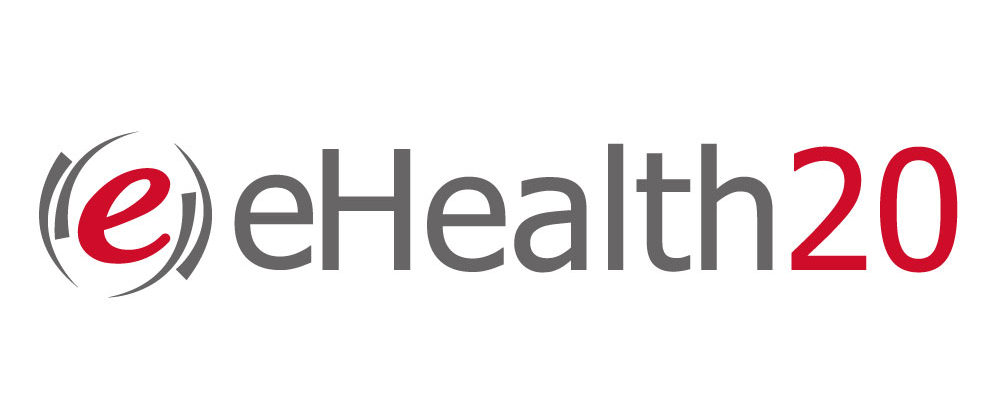





Insurance For Small Business

Group plans purchased as small business health insurance mean the business’s employees,
including the small business owner, are eligible to be covered under the health insurance plan
bought by the owner. Small business health insurance is not available to some businesses
because they don’t meet the criteria.
How To Enroll In Group Insurance
Getting small business health insurance can be quick and easy
when you use eHealth. The application should take about 15 minutes.
Here is what you need: • Your group information such as business
type, location and who you want to offer coverage to. • Your employee’s
ages, number of dependents and email addresses. We need this for
accurate rates. Employees can enroll or decline coverage with a
quick online application that we will email to them. • You’ll be asked
to prove your business type by providing the business tax forms
last filed. These can be uploaded in the application.
General Questions
A group health plan is defined as an employee welfare benefit plan established or maintained by an employer or by an employee organization (such as a union), or both, that provides medical care for participants or their dependents directly or through insurance, reimbursement, or otherwise
To be eligible for small business health insurance, a company must have between two and 50 employees. That is considered a small business for purposes of purchasing group health insurance. If you have more than 50 employees, you‘ll need to: apply for large group coverage
Who Is Eligible for Coverage? The general rule is that if an employer offers group health coverage to any full-time employees, the employer must offer coverage to all full-time employees. The employer has the option to offer coverage to part-time employees (defined as those working fewer than 30 hours per week)
If you have a family business and you’re looking to get group health insurance, you should know that your spouse usually cannot count as your one and only employee. If you have other employees (who may also be family members), generally your spouse can enroll in the group plan, though.
To get group coverage, your employees must follow these guidelines set by the IRS: Full-time employees are employees who work for you at least 30 hours per week. And Full-time equivalent employees are non-full-time employees, but who, in combination, are the equivalent of a full-time employee.
In 2017, annual group health insurance premiums averaged $6,486 for single coverage and $17,615 for family on businesses with fewer than 200 employees. Monthly, small businesses can expect to pay $540 for single coverage and $1,468 for family coverage.
So…is group health insurance cheaper than individual health insurance? Oftentimes, small group health insurance plans are less expensive per person than individual plans. According to eHealth’s report, the national average small business plan deductible was 31% lower than the average deductible on an individual plan.
But there’s no requirement that employers offer coverage to employees’ spouses. … That said, the majority of employers that offer coverage do allow spouses to enroll in the plan. Some employers offer spousal coverage only if the spouse does not have access to their own employer-sponsored plan.
- Health maintenance organizations (HMOs)
- Preferred provider organizations (PPOs)
- Exclusive provider organizations (EPOs)
- Point-of-service (POS) plans.
- High-deductible health plans (HDHPs), which may be linked to health savings accounts (HSAs)
You can use your current SHOP-registered agent or broker or find a new one to help you enroll in coverage. You may be able to get the Small Business Health Care Tax Credit. Enrolling in SHOP insurance is generally the only way for eligible small employers to take advantage of the Small Business Health Care Tax Credit.

Why Group Health

Most companies have an easy time finding an insurance broker willing to help them purchase a group insurance policy. Brokers are generally knowledgeable about insurance and can answer questions and assist with completing enrollment documents.
Group insurance is also pretty common, so there’s a good chance that employees have heard of it before. This familiarity can make it easier to offer the employees a benefit they recognize as valuable.
The company paying for a portion of the insurance can help employees feel taken care of and reduces the overall cost paid by either party. Another benefit of group insurance is that the larger the pool of employees that are enrolled on a plan the lower the premiums and deductibles will be. This is because of pooled risk, meaning a larger group of people have a lower total risk than a smaller group.
Offering a traditional, employer-sponsored group plan can help employers with more than 50 employees meet the employer mandate.
Group Health Insurance Pros:
- Easy to find
- Brokers provide a good resource
- Familiar to employees
- Shared cost

History of Group Health
Employer-sponsored group health insurance plans first emerged in the 1940s as a way for employers to attract employees when wartime legislation mandated flattened wages. This was a popular tax-free benefit which employers continued to offer after the war’s end, but it failed to address the needs of retirees and other non-working adults. Federal efforts to provide coverage to those groups led to the Social Security Amendments of 1965, which laid the foundation for Medicare and Medicaid.
Tax Benefits for Your Business
Generally speaking, any expenses an employer incurs related to health insurance (for employees or for dependents) are 100% tax-deductible as ordinary business expenses, on both state and federal income taxes. Beyond this general rule, taxes get a bit more complicated. It is possible to set things up so that your employees save tax money. With just a little paperwork on your part, an employee can contribute to the cost of health insurance on a pre-tax basis. That means you deduct the cost of the premium from the employee’s paycheck before state and federal taxes are calculated and deducted. This increases the employee’s take-home pay and lowers the amount of the employee’s taxable income.
Survey on Employee Recruitment and Retention






we will assist you 24/7
Quick Contact
Head Office
- 646-434-7000
- 215-690-5006
- ask@ehealth20.com
